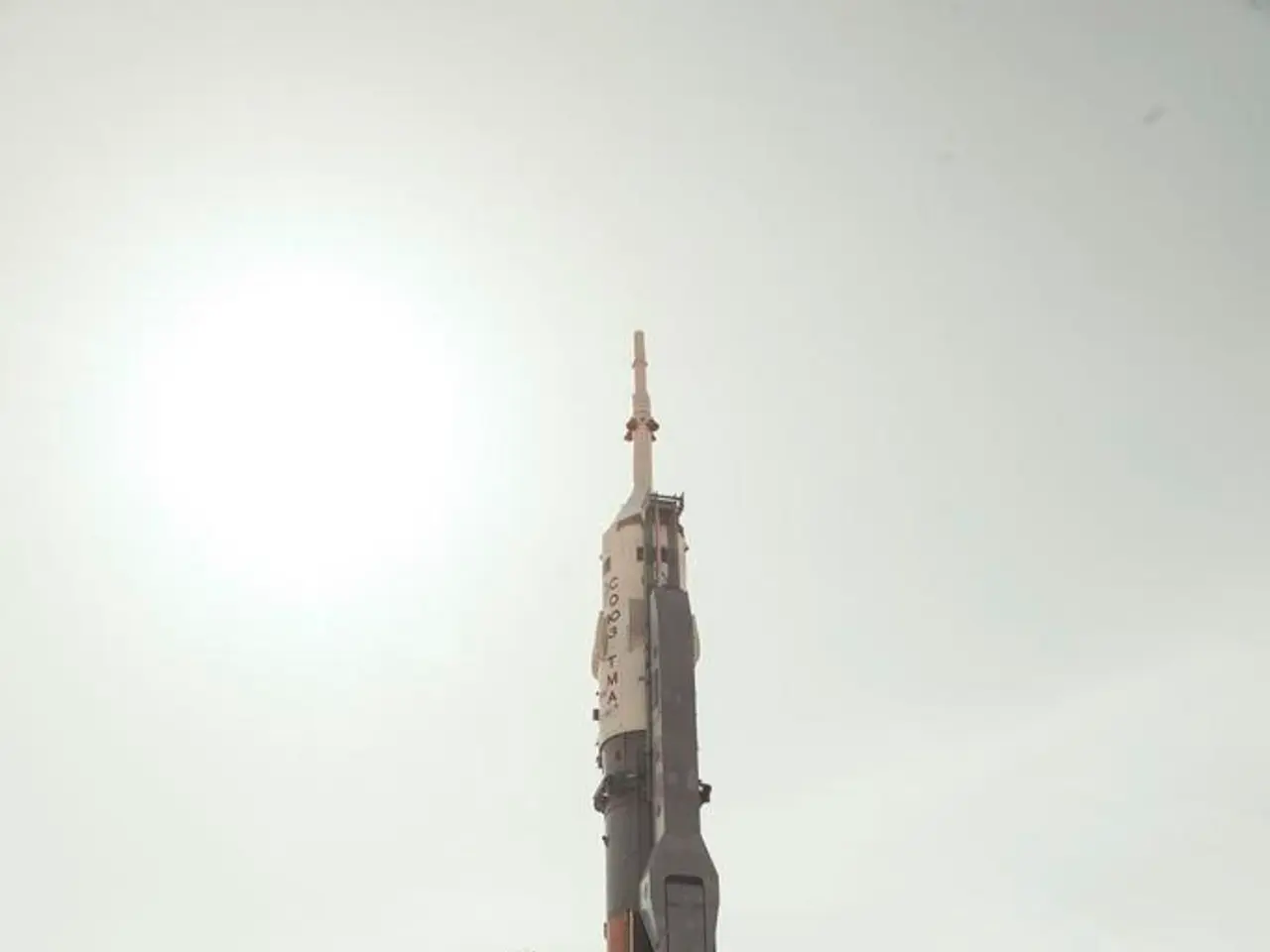Industry analyst emphasizes that electric vehicles may not yield significant profits as some anticipate
In a recent report published by 360.ru, it has been revealed that the sales of electric vehicles (EVs) in Russia are on a significant decline. The report, published on July 24, 2025, is based on data from an unspecified vice-president of the National Automobile Union.
The expert cited in the report is Yan Hayser, an auto expert known for his insights on the industry. According to Hayser, the high cost of electric vehicles is a significant barrier to their widespread adoption in Russia.
One of the key reasons for the drop in EV purchases is the tightening of auto loan conditions and rising interest rates. Although government stimulus helped the domestic auto industry grow in 2024, these factors have since driven a sharp contraction in car sales, affecting EV purchases as well.
Another contributing factor is the high prices of new cars, which are around 3 million rubles on average. With relatively low average incomes and high household debt, many consumers find buying an EV unaffordable, even with subsidies. Despite the existence of subsidies, their impact has been weak, contributing to a 57% year-on-year decline in EV sales in the first half of 2025, with only 4,800 units sold.
The report also highlights that the overall market contraction is impacting both EVs and traditional vehicles. New car sales in Russia fell by about 23%–32% in 2025 compared to 2024, reflecting a broader downturn in auto demand.
In addition, increased competition from Chinese brands and production constraints and sales challenges in dealer networks add to the difficulties faced by EV sales.
Charging electric vehicles can present certain challenges, and the report notes that charging station fees have already been implemented in Moscow. Hayser also believes that free parking and toll-free highways may eventually disappear due to financial constraints.
In summary, despite incentives, financial barriers such as limited loan access, high prices relative to incomes, and overall economic conditions are the main reasons for the drop in electric vehicle purchases in Russia. The development of electric transportation may not be as beneficial as it appears due to potential financial burdens.
- The high cost of electric vehicles, which is around 3 million rubles on average, is a significant barrier to their widespread adoption in Russia, especially considering the relatively low average incomes and high household debt among consumers.
- Technology in the transportation sector, such as charging stations, poses challenges and has financial implications, as evident in Moscow where charging station fees have already been implemented.
- The report also indicates that the overall decline in car sales, both electric and traditional vehicles, is affected by the tightening of auto loan conditions, rising interest rates, increased competition from Chinese brands, and production constraints and sales challenges in dealer networks.




